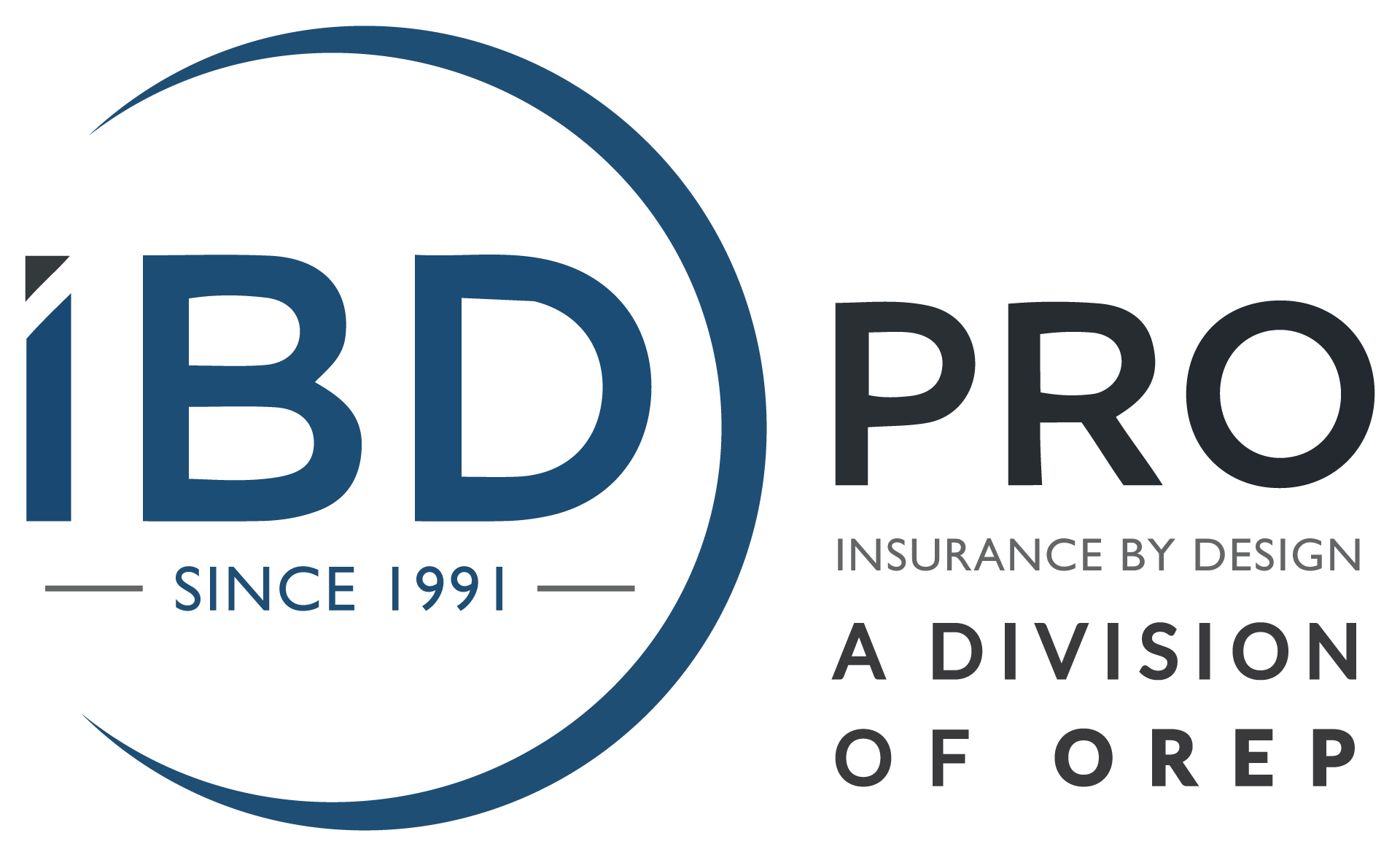Agent who Signed Policyholder’s name on Application Slapped with a $1,452,324 Judgment
The plaintiff contended that the defendant violated both Texas Deceptive Trade Practices Act and Insurance Codes when the defendant erroneously completed an application, signed the plaintiff’s name to it and submitted it without the plaintiff’s review. The coverage was not correct and the insurance company denied the plaintiff’s claim for loss based upon misinformation in the application.
The defendant denied that there was any deception and maintained that the mistakes were honest mistakes and no insurance coverage would have been available if the correct information had been provided, regardless of any errors that might have been made by the defendant broker.
In August 2008, the plaintiff purchased an insurance policy for numerous properties, including a warehouse from the insurer, through the defendant broker. The warehouse was robbed of its internal copper wiring in November 2008. When the plaintiff filed an insurance claim, it was denied because the Insurance Company stated that the policy only covered occupied buildings and the warehouse was not occupied.
The defendant broker filled out the insurance application on behalf of the plaintiff and erroneously stated that the warehouse was occupied and had security guards on duty, which it did not.
The plaintiff contended that the defendant broker signed the plaintiff’s name to the application without the plaintiff’s permission and submitted the application before the plaintiff had the opportunity to review it. The plaintiff brought suit against the defendant broker alleging violations of the Texas Deceptive Trade Practices Act and violations of the state insurance code. The defendant contended that the mistake in the application was an honest mistake and was not intentional on the part of the defendant. Further, the defendant contended, through its expert witness, that even if the application had been submitted that the warehouse was empty and unguarded the plaintiff would not have received insurance coverage for the incident since the insurance company would not have insured the warehouse. The defendant therefore argued that the plaintiff did not suffer a loss since it would not have been able to collect on the theft if the correct policy was in place at the time.
The matter was tried over a period of five days. The plaintiff’s counsel opted not to divulge either the mistakes in the application or the unauthorized signature in either the void dire or the opening statement.
Given the nature of the errors, the plaintiff believed it would strategically be very awkward and difficult for the defendant to bring these matters up for the first time. The strategy worked since the plaintiff’s counsel remarked that the juror’s seemed very engaged when the first witness testimony detailed the errors. After two hours of deliberations, the jury returned its verdict in favor of the plaintiff and against the defendant.
The jury awarded the plaintiff the total sum of $1,452,324 consisting of $888,464 for actual damages; $250,000 for statutory damages and $13,860 for attorney fees under the statute.
The case(s) cited herein was (were) reprinted with the permission of the publisher Jury Verdict Review Publications, Inc. www.Jvra.com

